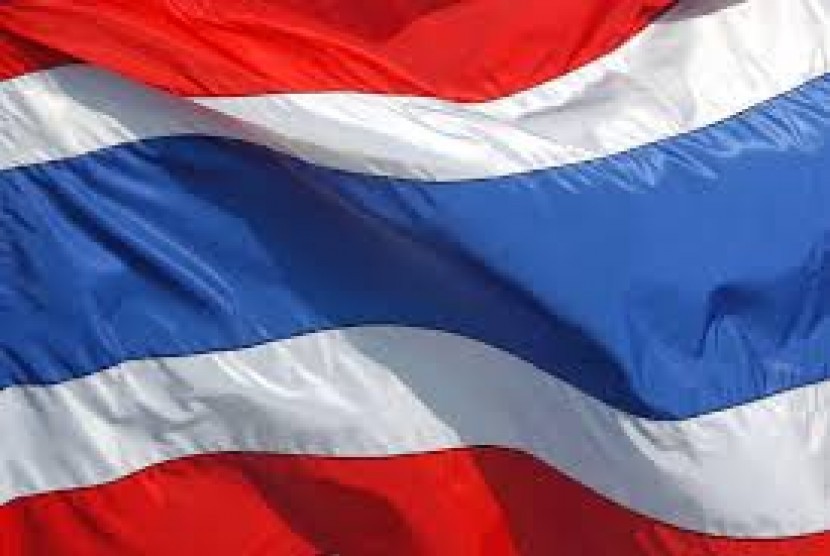REPUBLIKA.CO.ID, BANGKOK -- Thailand's junta delayed a general election by at least six months on Tuesday, hours after former Thai Prime Minister Yingluck Shinawatra was banned from travelling overseas, raising questions about a promised return to democracy.
Deputy Prime Minister Wissanu Krea-ngam, installed after the military seized power in last May's coup, told reporters that the polls would take place in August 2016 at the earliest to allow for a referendum on the new constitution.
"It will take place around August or in September," he said.
The government had said voting would take place in February 2016.
Since taking power, the junta has come under domestic and international pressure to hold elections, which they say can only take place under a new constitution.
Drafters of the constitution, appointed by the junta, had recommended that a referendum be held to give the public the final say on the blueprint for restoring democratic rule.
Critics say it is aimed at excluding the powerful Shinawatra family from politics.
Yingluck was forced from office last year after the Constitutional Court found her guilty of abuse of power. Weeks later, the military removed the remnants of her government.
She is accused of negligence and dereliction of duty for her role in a multi-billion dollar rice subsidy scheme that anti-corruption authorities alleged was plagued with graft. It is the latest in a series of cases her supporters say are part of an attempt to prolong the junta's grip on power.
Yingluck, who denies the charges against her, faces up to 10 years in prison if found guilty. She has accused her enemies of conducting a witch-hunt against her in order to handicap her family.
Around 200 supporters showed up outside the court on Tuesday. Some shouted: "The people's prime minister! Yingluck is the people's prime minister! You must fight on!"
The court banned her from travelling overseas and agreed bail terms of 30 million baht ($899,300). The next hearing is set for July 21.
The case against Yingluck is the latest twist in a long-running political saga that includes more than a decade of on-off violence that has pitted supporters of Yingluck and her brother Thaksin, himself a former prime minister, against the royalist-military establishment that sees the Shinawatras as a threat and reviles their populist policies.
Speaking on the sidelines of a conference in Seoul on Tuesday, Thaksin said he had no plans to mobilise his "Red Shirt" supporters but called the first year of the junta government "not so impressive".
"I think democracy will prevail sooner or later, but we have to be patient, and we have to be peaceful," he said. "Don't resort to any kind of violence."
Thaksin was ousted in a 2006 coup and fled abroad to avoid jail for a 2008 corruption conviction he says was politically motivated.


